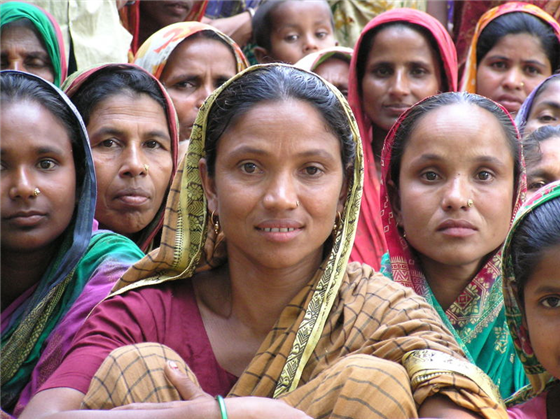Blog
India, a story of development
In December 2012, we learnt about the rape and subsequent death of a young Indian student in New Delhi, through the denunciation of media. Since then the press has repeatedly reported new cases of rape and gender violence in the country. However, given this reality we want to ask ourselves, what role does the media play to echo this social problem?
Organizations that work in this arena often treat such information with a large dose of paternalism and with a tendency to judge the whole Indian society – a society so complex that a profound knowledge of the entire situation is required to be analysed and draw valid conclusions. We do not intend to condemn the media for sharing such information with the public; instead spreading awareness is the first step to combat a social problem. But, we believe it is necessary to provide a complete picture of the situation.
Since December 2012, India has witnessed movements that do not allow such cases to go unnoticed. Citizens now demand that these cases be treated specially and that judicial answers to such cases be handled with great effectiveness.
A new legal reform was announced in March 2013 for dealing with such cases. It has increased the imprisonment for rape from 7 years to 20 years and expanded the definition of rape that only meant penetration before. The legal reform, however, does not criminalize rape within marriage.
It is crucial to emphasize that the media is fundamental in changing the mindset of the people. And although they are necessary, legal reforms alone are not sufficient. They must be implemented and continued with a powerful campaign of social teaching that insists on equality of gender and makes the citizens aware of their rights. There has been progress for sure but horrific cases such as the one, which occurred recently in Uttar Pradesh, shows that India is still on the way. There is a social demand for change, but the process will take time. This vision of cross-gender perspective frames the development of the projects of Mumbai Smiles. Projects that have women as the focus, such as the vocational training courses of SEED project, give these women the tools to redefine their role in Indian society.
We believe in giving women an identity, we work towards ensuring that they have a place in the society. We believe that these small steps will definitely go a long way in woman empowerment. We hope to see a day when there is no discrimination against women and they share an equal right.
The article is written by Isabel Martinez Luna, Head of Communication, Sonrisas De Bombay







